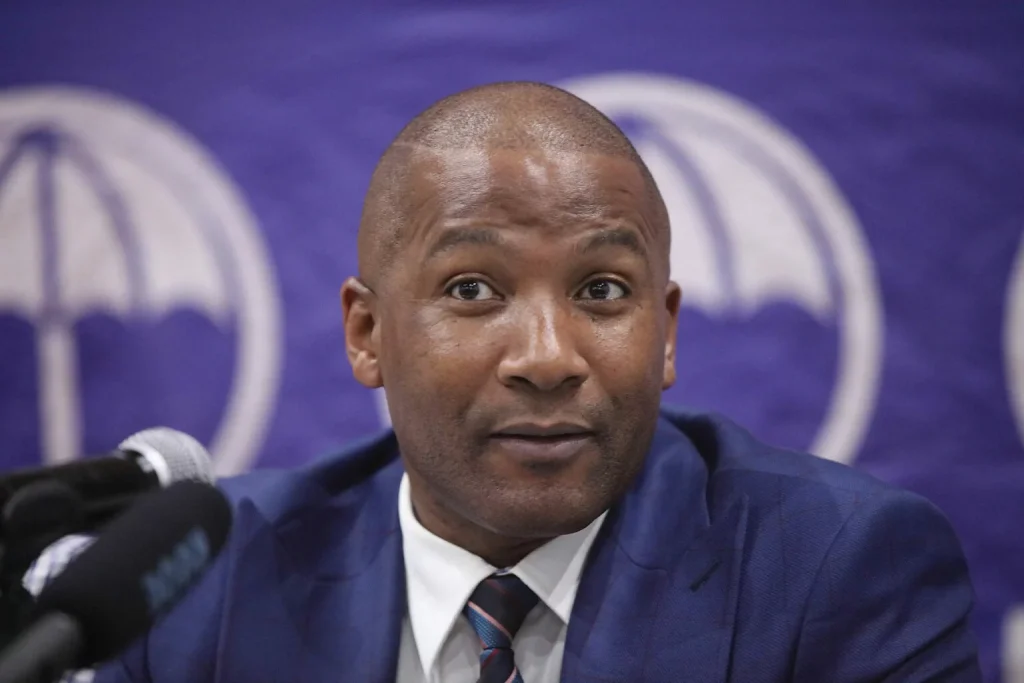In a significant policy shift, Botswana’s newly elected President Duma Boko has announced plans to grant temporary work, and residence permits to undocumented Zimbabweans living in the country. Boko’s proposal aims to address the ongoing challenges surrounding undocumented migration while leveraging Zimbabwean labor to support Botswana’s economy.
Ahead of his inauguration, Boko explained that many Zimbabweans in Botswana take up essential roles in domestic work and agriculture – sectors often shunned by local workers. His administration sees this legalization as both an economic solution and a step toward easing tensions between Batswana and Zimbabwean migrants, who currently make up the bulk of Botswana’s undocumented population.
Zimbabwean migration to Botswana has been driven largely by economic instability back home, with thousands crossing the border in search of better opportunities. However, the influx has frequently led to friction within local communities, and police stations across Botswana report daily deportations of undocumented Zimbabweans. Official statistics show that Zimbabweans account for over 98% of Botswana’s recorded irregular migrants.
Boko, a former human rights lawyer and founder of the Umbrella for Democratic Change (UDC), believes legalizing undocumented Zimbabweans could generate economic benefits. Many Zimbabweans possess trade skills such as welding and plumbing, which are in high demand in Botswana. By establishing a structured legal framework for their employment, Boko hopes to formalize their roles in the workforce while facilitating skill transfer to local Batswana workers.
While some citizens express concerns that relaxing restrictions might encourage further migration from Zimbabwe, Boko argues that a formalized process would help manage this flow. He stressed that by allowing Zimbabweans to work legally and ensuring they receive fair wages, social tensions could be alleviated.
The policy is part of a broader economic agenda Boko has set forth, including ambitious plans to tackle Botswana’s high unemployment rate. He has pledged to create 100,000 jobs annually over the next five years. His economic strategy also involves negotiating a new deal with global diamond giant De Beers to boost Botswana’s diamond revenues, which he sees as vital to restoring investor confidence.
Boko’s inauguration, scheduled for Friday at the national stadium in Gaborone, marks a historic transition, with the leader unseating Botswana’s ruling party of 58 years. The event has been declared a public holiday, and officials expect attendance from both national and international dignitaries.
As he prepares to take office, President Boko’s vision for Botswana’s future reflects his commitment to inclusive growth, economic revival, and a more regulated approach to migration – setting the stage for a new era in Botswana.

